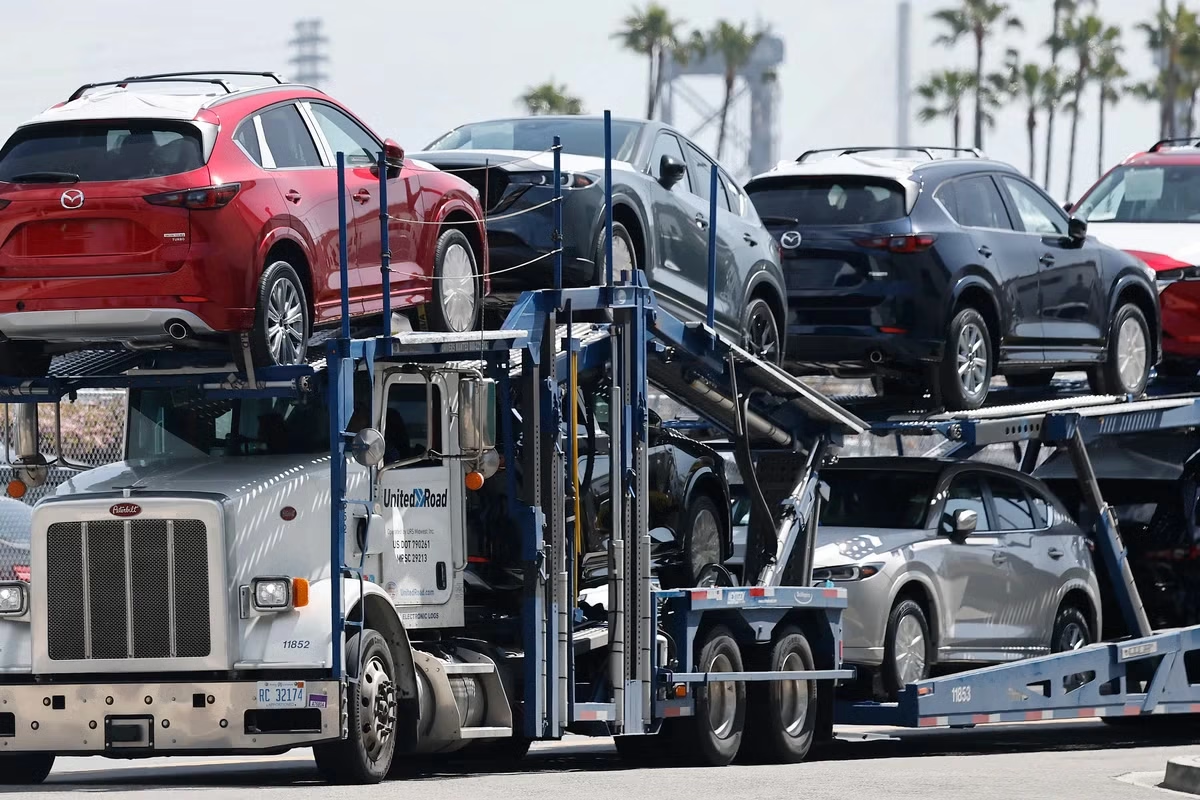The News (Short Summary)
Ford Motor Co. is raising prices by up to $2,000 on three vehicles assembled in Mexico—the Mustang Mach-E, Maverick, and Bronco Sport—effective May 2. The move comes in response to mounting costs from President Trump’s new 25% auto tariffs, which are disrupting the global car market. This will impact car price increases.
Ford expects $2.5 billion in tariff-related expenses this year but aims to offset $1 billion. Meanwhile, General Motors projects even steeper costs, between $4 billion and $5 billion, due to tariff hits on imports from countries like South Korea.
Why It Matters
- Impact on Money:
- Price hikes may reduce affordability of popular Ford models, especially the budget-friendly Maverick.
- Automakers are balancing cost absorption and profitability, creating volatile pricing that affects consumers, dealers, and resale markets.
- Stock market reaction was muted (Ford dipped <1%) as investors assess longer-term tariff impact.
- Impact on Opportunities:
- If you’re in auto resales, electric vehicles, or parts sourcing, expect fluctuations in demand as buyers react to higher MSRPs and shifting discounts.
- Auto-adjacent freelancers or content creators should monitor consumer sentiment for fuel-efficient and tariff-free vehicles.
- Tariff-driven cost pressure may shift freelance logistics, transport, or supplier opportunities toward U.S.-built models and domestic auto chains.
MoniTip
- Car flipping or used car resellers: Watch Mexican-built models like the Maverick—tariff-related price hikes may boost resale value for 2023–2024 versions.
- Side hustlers in car-related content (YouTube, TikTok, blogs): Compare tariff-inflated models vs. U.S.-built models—this may bring niche content traction.
- Suppliers and consultants: U.S.-based parts manufacturers or logistics firms may see new demand as carmakers look to offset offshore import costs.
Quick Facts
- Price hikes apply to vehicles built after May 2, arriving in U.S. dealerships in late June.
- Ford still offers discounts on several models through July 4, softening the blow for some buyers.
- Ford builds 79% of its U.S.-sold vehicles domestically; GM builds 53%.
- Analysts say tariffs could cut U.S. auto sales by over 1 million units annually.
- Ford faces additional costs from Chinese imports; GM’s Korea imports add ~$2 billion in costs.
- Trump administration allowed partial offsets for U.S.-made components but maintained 25% tariff on imported vehicles.








